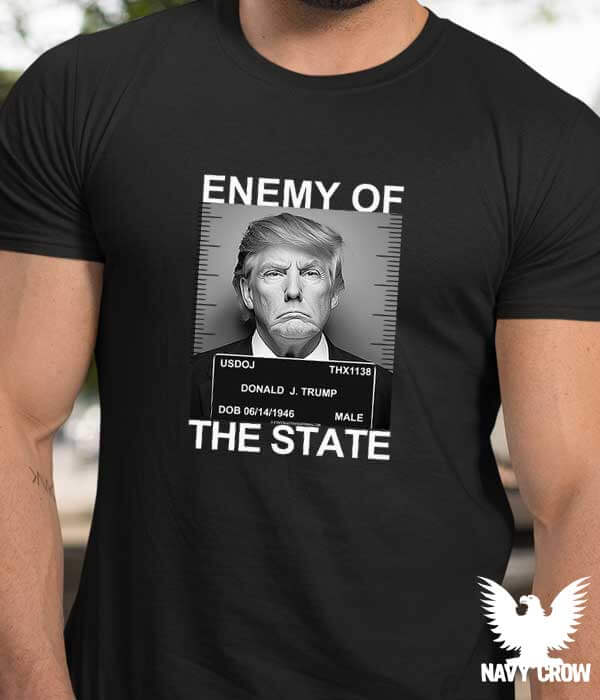The unsealed indictment against former President Donald J. Trump on Tuesday revealed a surprising accusation that added weight to what many legal experts had described as a risky and unconventional case: Prosecutors alleged that Trump falsified business records as part of a scheme to deceive state tax authorities.

For weeks, observers had speculated about the charges that Manhattan district attorney, Alvin L. Bragg, would bring against Trump. Accusing Trump of bookkeeping fraud to conceal campaign finance violations, as many had predicted, could present significant legal challenges. However, the indictment went beyond that and included an additional claim that Trump falsified records to commit a state tax crime.
The indictment listed 34 counts of bookkeeping fraud related to Trump’s reimbursement to his former lawyer and fixer, Michael D. Cohen, in 2017. Cohen had made a $130,000 hush money payment to pornographic film actress Stormy Daniels just before the 2016 election, who claimed to have had an extramarital affair with Trump. The grand jury charged Trump with a felony bookkeeping fraud for each record that falsely characterized the payments as legal services performed in 2017, as per Article 175 of the New York Penal Law. Conviction on this charge carries a sentence of up to four years.
However, bookkeeping fraud is typically a misdemeanor, and for it to be charged as a felony, prosecutors must show that the defendant intended to commit, aid, or conceal a second crime. This raises the question of what other crime Bragg would allege is involved.
Bragg suggested that prosecutors are putting forward multiple theories for the second crime, potentially providing judges and jurors with alternative routes to finding that bookkeeping fraud was a felony. He pointed towards alleged violations of both federal and state election laws, a premise that has been a subject of debate even among Trump’s critics.
The issue of whether the hush money payments were a campaign expenditure or a personal one can be ambiguous as a matter of substance. However, citing federal law raises the untested question of whether a state prosecutor can invoke a federal crime when lacking jurisdiction to charge that crime themselves. Furthermore, Article 175 does not specify that the second intended crime must be a state-law offense.
On the other hand, citing state law raises the question of why New York election rules would apply to a federal presidential election, which is governed by federal laws that generally supersede state laws. Bragg cited a New York state election law that makes it a misdemeanor to conspire to promote a candidacy by unlawful means, but did not provide an explanation as to why this law would apply to a presidential election. He also mentioned a federal cap on campaign contributions without indicating why he had the authority to invoke a crime that he could not charge himself.
In addition to these theories, Bragg also accused Trump of falsifying business records to support planned false claims to tax authorities. The statement of facts accompanying the indictment described how Trump paid Cohen more than Cohen had paid Daniels to cover income taxes that Cohen would incur. Bragg emphasized this point in his news conference, but his wording was ambiguous in places. At one point, he seemed to suggest that a planned false statement to New York tax authorities was just an example of how Trump and Cohen allegedly violated the state law against conspiring to promote a candidate through unlawful means. However, it is also a crime to submit false information to the state government, and at another point, Bragg appeared to present the alleged plan to lie to tax authorities as a stand-alone offense.
During the court proceedings, prosecutor Christopher Conroy accused Trump of causing the Trump Organization to create false business records, and even mischaracterizing the true nature of the payment for tax purposes.





